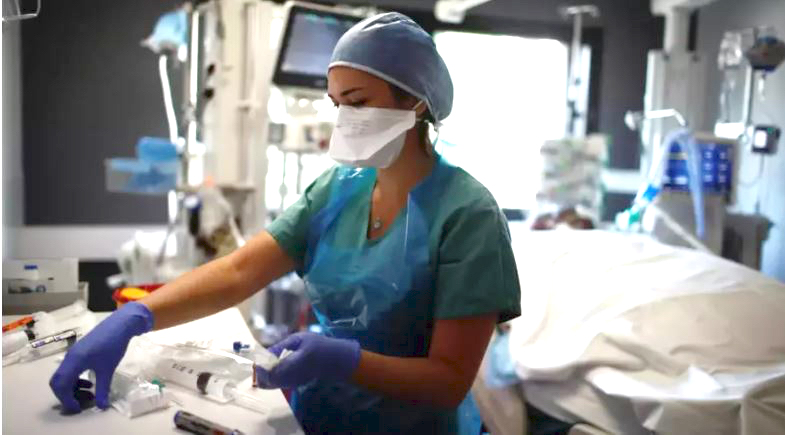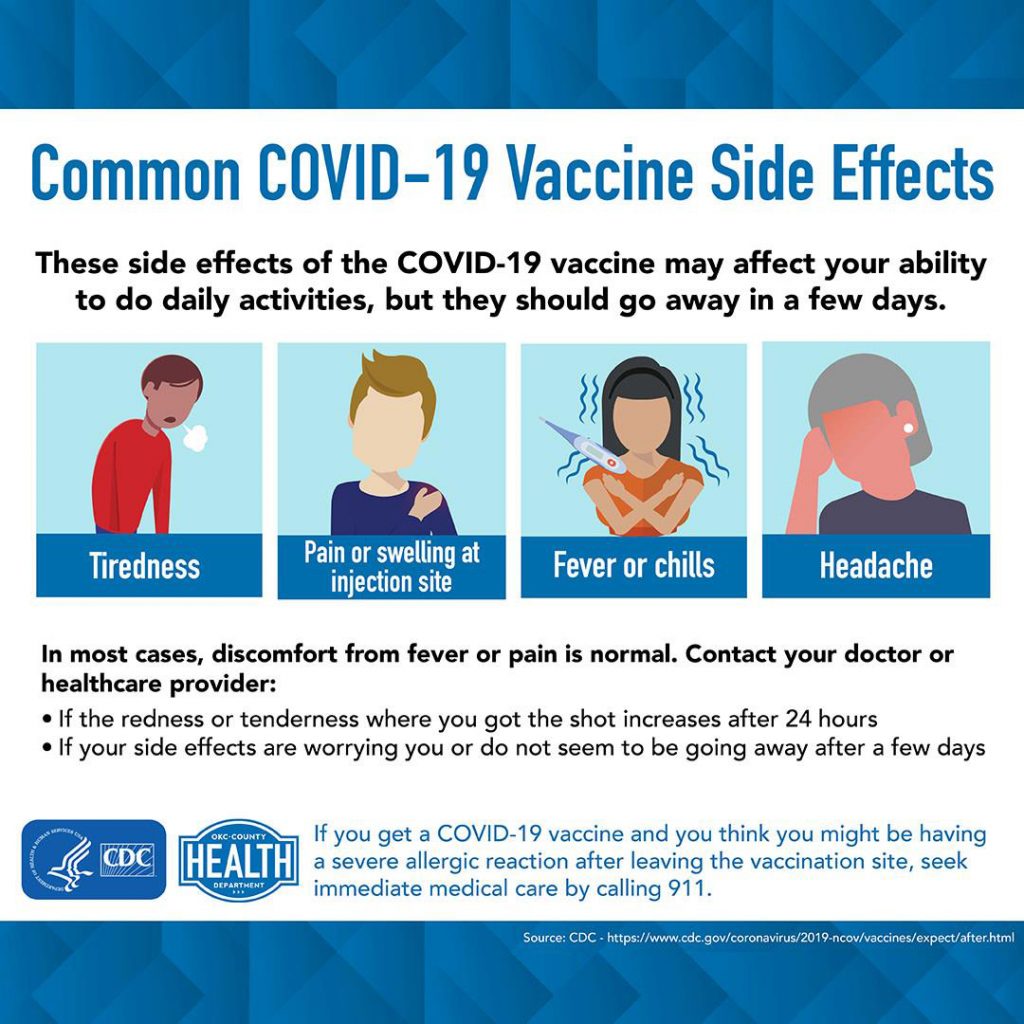
Since the start of the Covid-19 pandemic, scientists have struggled to explain why some people infected with coronavirus have no symptoms, whereas others experience a catastrophic and life-threatening illness.
This week, the largest study of its kind to date identified a specific combination of inflammatory blood markers which correlated with the severity of people’s disease.
Published in Science Immunology, it adds further weight to the argument that it is people’s immune response to SARS-CoV-2, rather than the virus itself, that determines who is at greatest risk from Covid-19.
SARS-CoV-2 primarily infects the cells lining the lungs, although the ACE2 receptors it binds to are also found in various organs including the brain, intestine and kidneys, and on cells lining the blood vessels.
Once inside these cells, the virus begins to replicate, summoning the attention of the immune cells. What happens next may play a crucial role in determining the severity of that individual’s symptoms.

Cytokine storm
One way in which immune cells signal to one another and regulate their responses to pathogens is through the secretion of proteins called cytokines. However, in some situations, uncontrolled release of these substances can trigger a ‘cytokine storm’ – characterised by excessive inflammation and damage to cells and organs.
This is thought to be a key driver of severe Covid-19 illness, which is why many hospitals now use anti-inflammatory drugs such as dexamethasone, or antibody-based therapies such as tocilizumab, which interrupt cytokine function. This has substantially reduced the death toll from Covid-19 in recent months.Source: Gavi – The vaccine alliance
